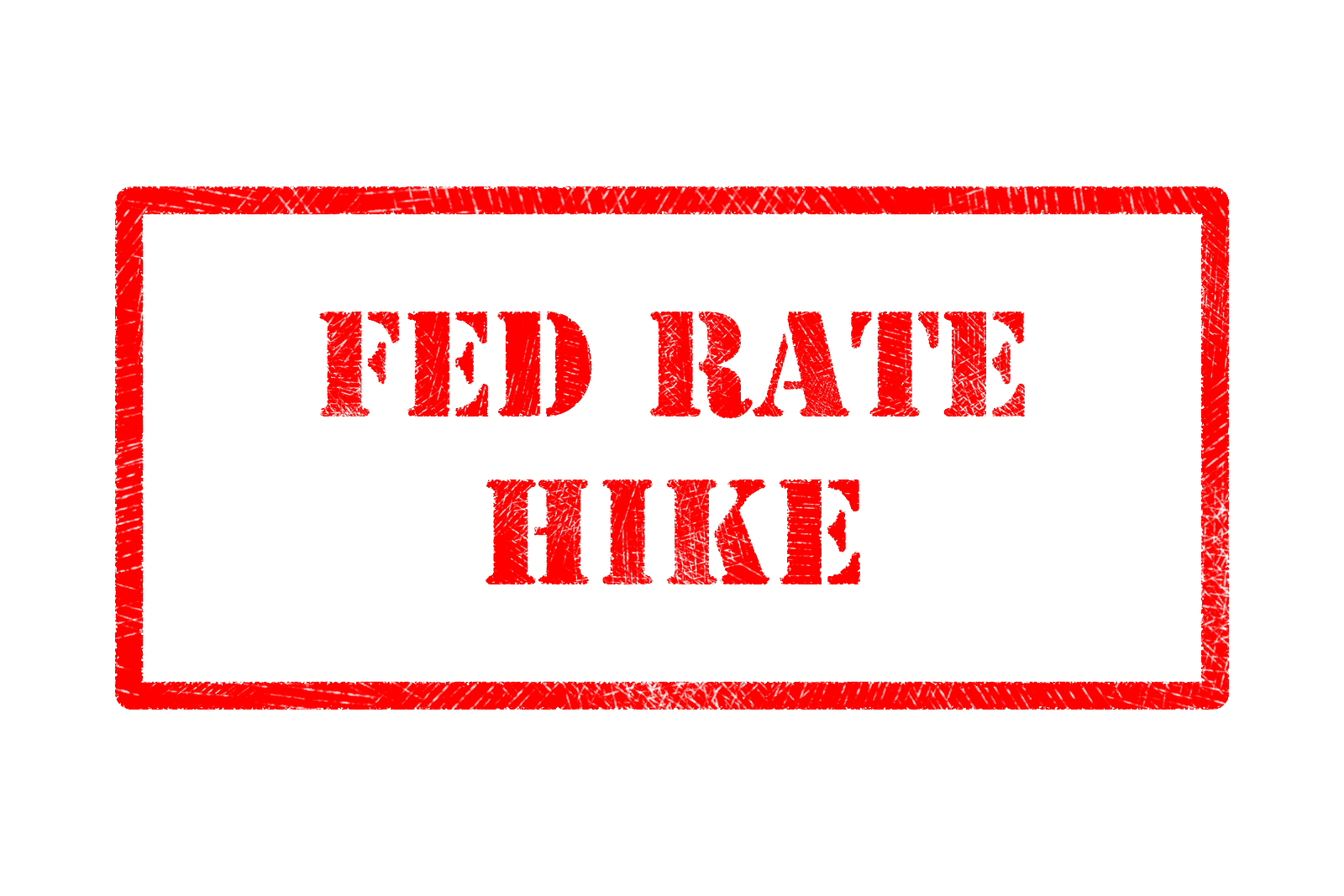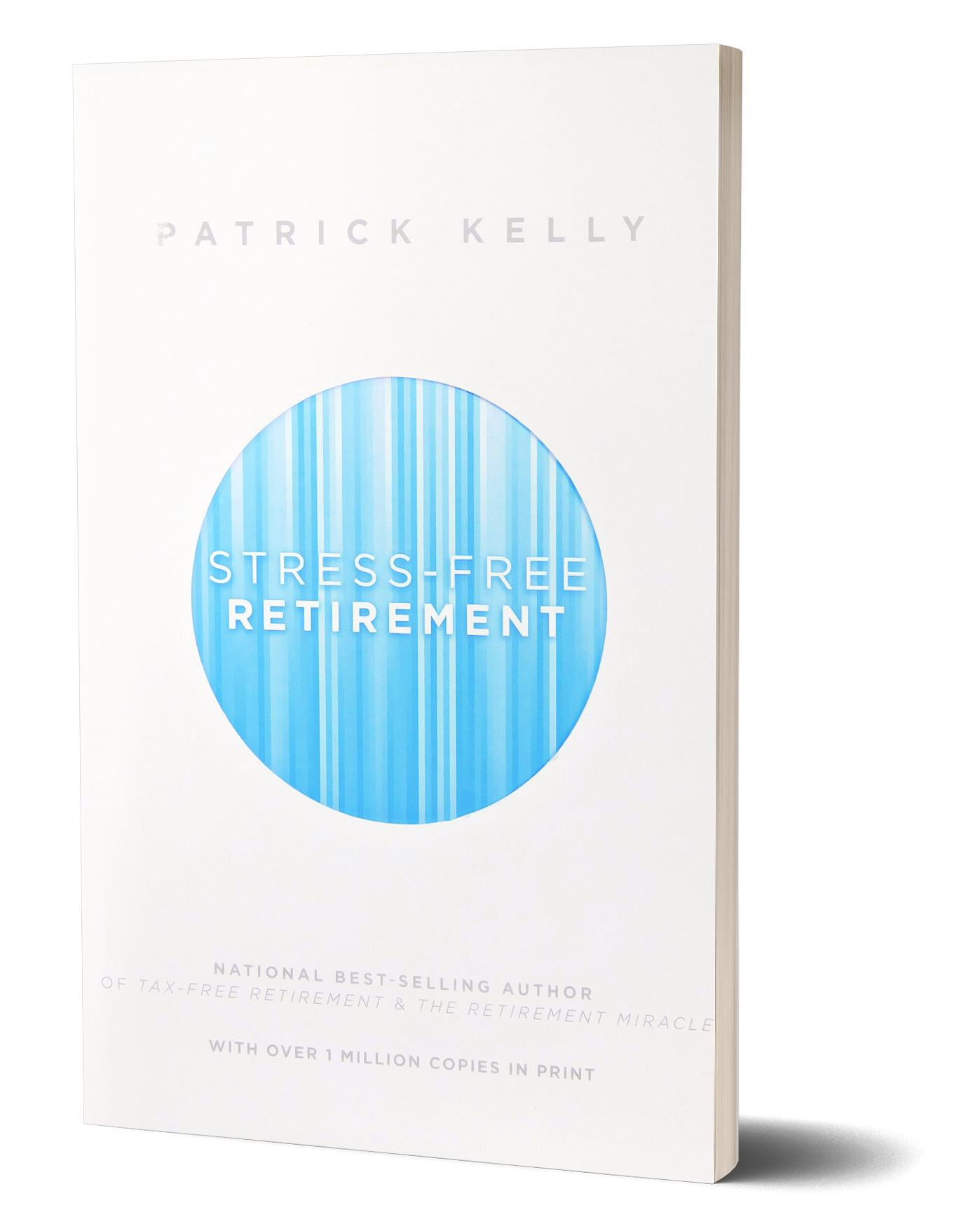Interest rates are rising again as The Fed continues working towards raising the target interest rate to a “terminal rate,” or endpoint, of 4.6% in 2023. The terminal rate implies a quarter-point rise next year but no decreases, with a goal to slow spending and help curb the inflation rate as it stretches the dollar.
Raising interest rates is how The Fed works towards lowering the inflation rate since American consumers are paying more at the grocery store, gas pumps, for electricity, and consumer staples such as household goods and hygiene products. The interest rate hike to help curb inflation is due to multiple things:
- Supply chain issues
- A shrinking workforce
- Higher wage demands
- Increasing raw material costs
- Unpredictable oil prices and transportation costs
Interest rates and inflation are generally tied together as The Fed attempts to control both and help boost the economy. Here are ways that raising interest rates may impact you:
#1- Borrowing Becomes More Expensive
For those shopping for a new home, borrowing becomes more costly due to higher interest rates. An interest rate hike may make affording a home impossible since the higher interest rate can make the monthly premium, plus interest and mortgage insurance push the borrower under the qualification debt-to-income ratio limit on the loan.
#2- Increasing Interest Rates May Increase The Debt
Small interest rate hikes spread over a few months likely won’t be as impactful to individuals with low debt-to-income ratios. But for those with a lot of debt, increasing interest rates are unwelcome because they may increase what they owe if they carry a monthly balance. Here are debts that are interest-rate sensitive:
- Student Loans
- Home Mortgages with Variable Rates
- Credit Card Interest Rates
- Auto Loans
While some of these debts may have a set interest rate, the rate often depends on the prime rate, the rate The Fed borrows to banks. The banks then mark up the rate, which is the rate they charge lenders on loans.
#3- Stocks And Bonds May Be Impacted
Higher rates can affect companies’ stock prices by influencing their bottom lines. Higher rates make it more difficult to borrow, expand, acquire competitors or partners, and slow stock repurchases.
Bond yields, closely correlated to the federal funds rate, move opposite their prices. When The Fed raises interest rates, the action implies a bond rout, and bonds trade with negative yields.
Ways To Offset Inflation And Rising Interest Rate Risk
While investors can’t control interest rates, there are actions they can implement to help decrease the impacts:
- Allocate part of your portfolio to specific products to allow asset allocation strategies to address rising interest rates.
- Improve your financial literacy about the correlation between interest rates and inflation.
- Develop a budget to manage your spending
- Reduce your use of credit since inflation generally increases interest rates
Are you concerned about interest rates and portfolio performance? Your financial professional may help reduce your anxiety about rising interest rates and determine appropriate strategies to help mitigate interest rate risk in your portfolio. Contact them today.
SWG 2444322-0922c The sources used to prepare this material are believed to be true, accurate and reliable, but are not guaranteed. This information is provided as general information and is not intended to be specific financial or tax guidance. When you access a link you are leaving our website and assume total responsibility for your use of the website you are linking to. We make no representation as to the completeness or accuracy of information provided at this website. Nor is the company liable for any direct or indirect technical or system issues or any consequences arising out of your access to or your use of third-party technologies, websites, information and programs made available through this website.
In addition, M3 Wealth specializes in providing strategies and guidance for those who are seeking a better lifestyle in retirement. If you have retirement savings of five million dollars or $50,000, we can ensure it works as hard. As a result, we offer our experience and knowledge to help you design a custom strategy for financial independence. Contact us today to schedule an introductory meeting!



















